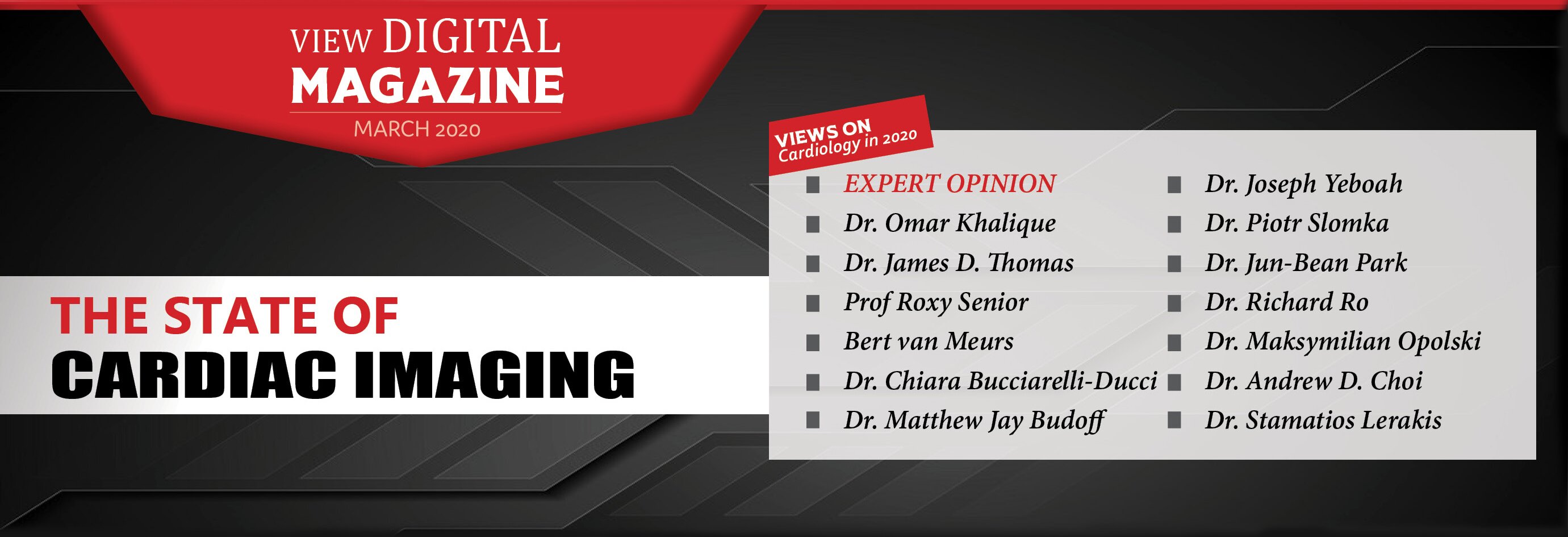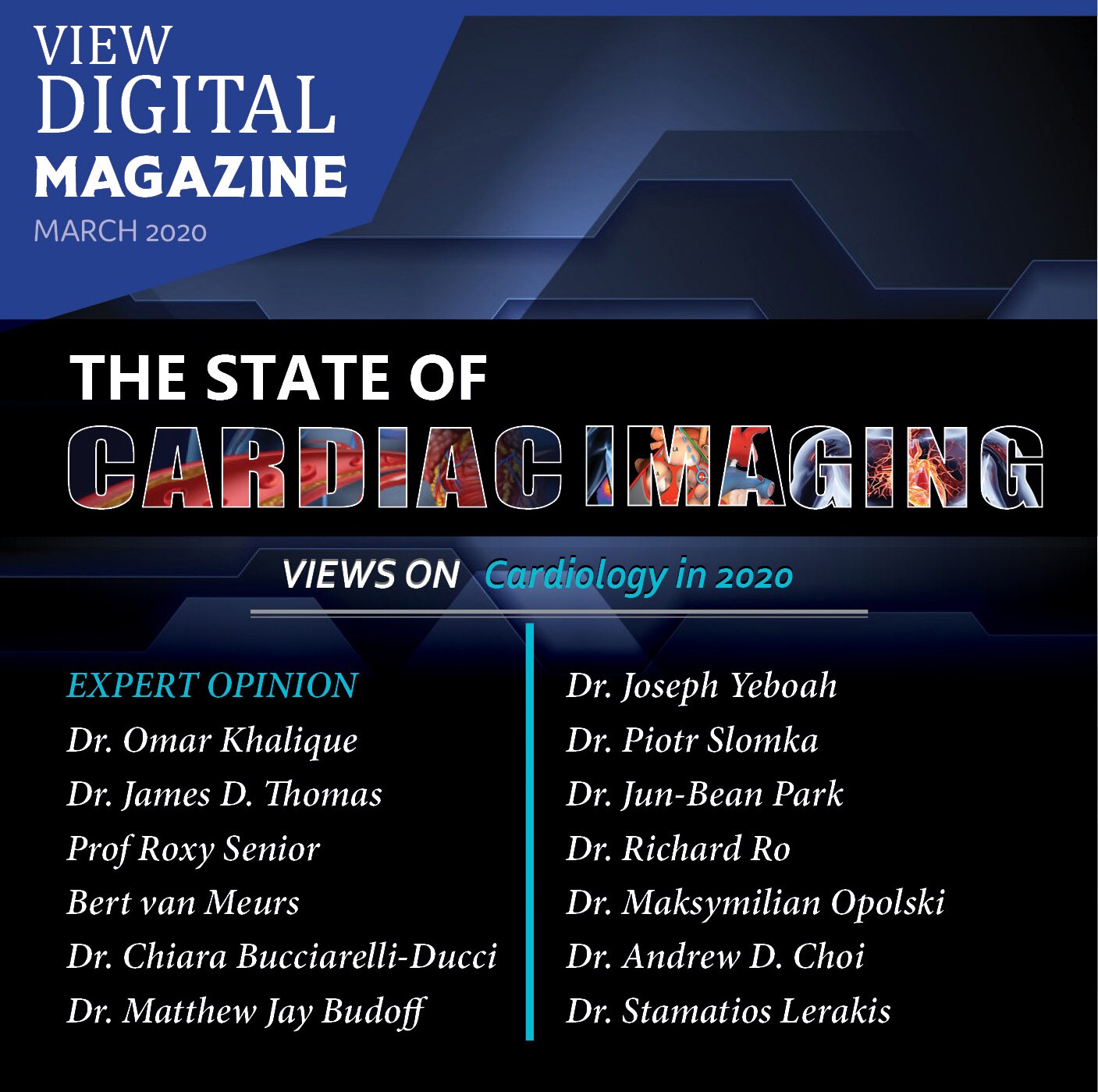
The Janssen Pharmaceutical Companies of Johnson & Johnson today announced results of a new subgroup analysis from the landmark phase 3 CREDENCE study, showing INVOKANA® (canagliflozin) significantly reduced the risk of major cardiovascular (CV) events and kidney failure in patients with type 2 diabetes (T2D) and chronic kidney disease (CKD). These positive results were observed in patients taking INVOKANA®, including those with CV risk factors but no history of CV disease (primary prevention group) and patients with history of CV disease, defined as a history of coronary, cerebrovascular or peripheral vascular disease (secondary prevention group). Results were presented today at the American Diabetes Association’s 79th Scientific Sessions.
“The CREDENCE study demonstrates canagliflozin’s ability to manage some of the most common yet serious complications from T2D, including CV and kidney diseases,” said study investigator Kenneth W. Mahaffey, M.D., Professor and Vice Chair of Clinical Research, Department of Medicine, Stanford University School of Medicine, and Director, Stanford Center for Clinical Research (SCCR), Stanford, Calif.1 “We’re particularly excited about this new analysis because it’s the first time a type 2 diabetes medicine has shown a cardiovascular benefit in patients who did not have preexisting CV disease. This is an important, clinically meaningful finding as it uncovers the potential of canagliflozin to offer a protective effect in this patient population.”
Published in The New England Journal of Medicinethis past April, the Phase 3 CREDENCE study evaluated CV and renal outcomes in patients with T2D and CKD taking either INVOKANA® or placebo, in addition to standard of care. Results from the CREDENCE study were also recently added to the American Diabetes Association’s Standards of Medical Care in Diabetes, which gives healthcare professionals the latest evidence-based recommendations to treat people with type 2 diabetes and chronic kidney disease.
For the new subgroup analysis being presented at ADA, CREDENCE researchers specifically examined CV and renal outcomes in the primary prevention group (n=2,181; 49.6%) and secondary prevention group (n=2,220; 50.4%). Compared to secondary prevention participants, primary prevention participants were younger (61.4 vs. 64.6 years) and more often female (36.6% vs. 31.3%), but with similar T2D duration (15.2 vs. 16.4 years).
“About one in three people with type 2 diabetes have chronic kidney disease, which puts them at increased risk of kidney failure and negative cardiovascular outcomes,i like cardiovascular death, heart attack, stroke, and heart failure,” said James List, M.D., Ph.D., Global Therapeutic Area Head, Cardiovascular & Metabolism, Janssen Research & Development, LLC. “With the results from our CREDENCE study, INVOKANA® is now poised to become the first therapy in nearly two decades for treating chronic kidney disease in people with type 2 diabetes, providing both kidney and cardiovascular protection.”
CV Outcomes
The CV results from CREDENCE found INVOKANA® significantly reduced major CV events in the overall study population, with consistent results across all composite endpoints and individual components of the composite endpoints. Specifically, INVOKANA® reduced the risk of CV death, heart attack or stroke by 20 percent compared to placebo (9.9% vs. 12.2%; hazard ratio [HR]: 0.80; 95% confidence interval [CI]: 0.67 to 0.95; P=0.01). INVOKANA® also reduced the risk of CV death or hospitalization for heart failure by 31 percent (8.1% vs. 11.5%; HR: 0.69; 95% CI: 0.57 to 0.83; P<0.001) and hospitalization for heart failure by 39 percent (4.0% vs. 6.4%; HR: 0.61; 95% CI: 0.47 to 0.80; P<0.001). For the subgroup analysis, researchers found:
- CV results observed in the overall study population were consistent across the primary and secondary prevention groups, including all clinical subgroups and across groups defined by renal function.
- For CV death, heart attack and stroke, there was no evidence of heterogeneity between the primary and secondary prevention groups (p-interaction=0.25). Specifically, INVOKANA® reduced the risk of the composite of CV death, heart attack and stroke by 32 percent in the primary prevention group (HR: 0.68; 95% CI, 0.49 to 0.94) and 15 percent in the secondary prevention group (HR: 0.85; 95% CI, 0.69 to 1.06).
Renal and Safety Outcomes
The renal results from CREDENCE found INVOKANA® demonstrated a 30 percent reduction in the risk of the primary composite endpoint – comprised of progression to doubling of serum creatinine, end-stage renal disease (ESKD), and renal or CV death (HR: 0.70; 95% CI: 0.59 to 0.82; P<0.0001) – with consistent results across individual components of the primary composite endpoint, as well as across all 15 prespecified subgroups examined. For the subgroup analysis, researchers found:
- Renal results observed in the overall study population were consistent across the primary and secondary prevention groups.
- Specifically, INVOKANA® reduced the risk of ESKD by 31 percent (HR: 0.69; 95% CI: 0.51 to 0.95; P-interaction: 0.89) and 33 percent (HR: 0.67; 95% CI: 0.47 to 0.96; P-interaction: 0.89) in the primary and secondary prevention groups, respectively.
In addition, CREDENCE found the incidence rates of adverse events and serious adverse events were numerically lower for patients treated with INVOKANA® as compared to placebo. For the subgroup analysis, safety outcomes were similar in both primary and secondary prevention groups. Of note, there was no difference in fracture risk or incidence of amputations in the primary and secondary prevention groups.













